As temperatures plunge, make Detroit's homeless a priority | Opinion
- Oops!Something went wrong.Please try again later.
A recent Free Press story documented a problem facing Detroit's homeless: The city lacks adequate public restrooms. The city has just 43 public restrooms that are open year-round. That's one for every 3 square miles — and most are located in police stations, libraries or other city buildings with restricted hours of operation. The majority, located in city parks, are closed from the end of October to the beginning of May so their water pipes won't freeze. Simply put, it's both dangerous and unsanitary.
That the city does not provide adequate bathroom access for its homeless population is appalling. But it seemed like a symptom of a bigger problem. I wondered why Detroit — flush with federal dollars — hasn't followed the lead of other American cities that are doing more for the homeless. Because the cold winter months are coming, I wanted to dig deeper into the city's approach toward this vulnerable population.
Detroit has never enacted a comprehensive plan to help the homeless, leaving the job to nonprofits and outside agencies. Currently, the city operates three warming centers — too few, homeless advocates say, to meet the urgent need for shelter when temperatures plunge.
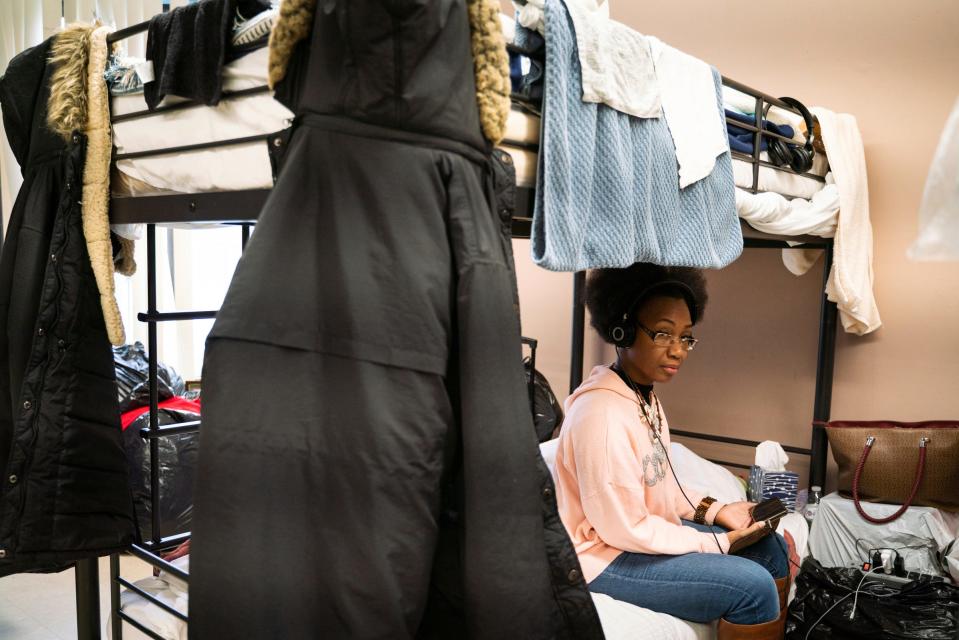
They'll be open through March 31. City libraries are also made available during the day for the homeless. But that’s just a fraction of what other major cities are doing to help this vulnerable population.
This isn't an issue unique to Detroit Mayor Mike Duggan's administration. Homeless people, who make up more than 1% of the city’s population, have been been ignored decades of the current administration's predecessors. And those like me, who understand that the city’s $1.3-billion budget is about priorities, are left wondering where the homeless fit in our government's plans.
Decades of inaction
When I was in my early 20s, my church choir adopted a facility serving homeless Detroiters called the Just Love Center, off Grand River, across from Cass Tech High School. Once a month, a group of us would volunteer, providing food and serving lunch to the homeless. For about two hours each Saturday, we mentored k-12 students shuttled from a nearby public housing complex.
The Just Love Center forced me to understand that many in Detroit are one paycheck away from homelessness. Volunteering during the Christmas holidays at Fellowship Chapel gave me another dose of reality; spending longer periods of time with homeless people allowed me to have real conversations about their situations. One talk — over a hand of cards — was with a professional man who’d lost his job. His life had spiraled out of control until he was without shelter. Those experience forever shaped my views about the homeless.
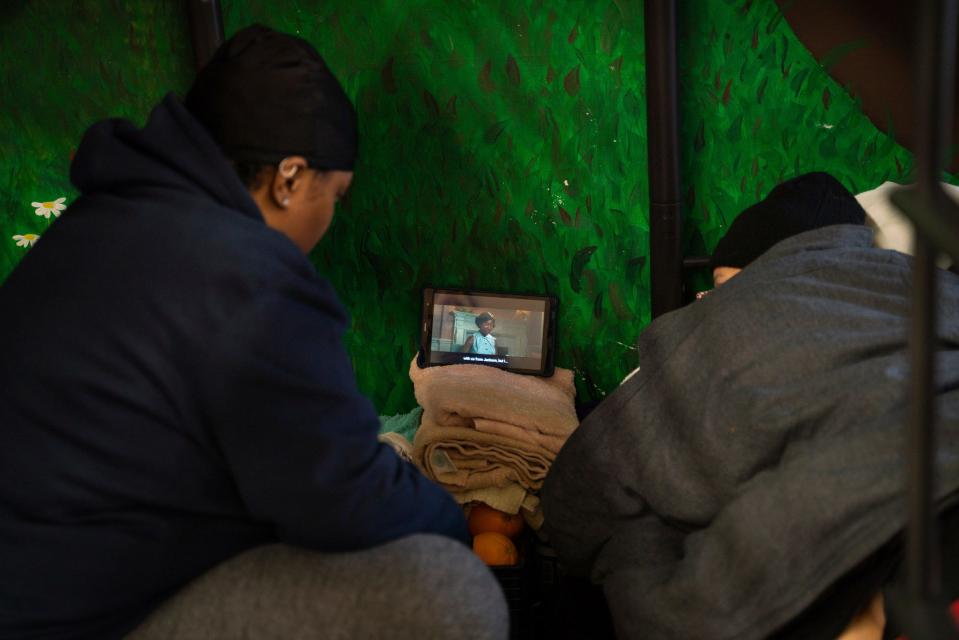
In the decades I spent covering Detroit City Hall, no mayoral administration made the city's homeless a real priority. The same wasn't true of the Detroit City Council: Dating back to the days of Erma Henderson and Maryann Mahaffey, elected to council in the early 1970s, and JoAnn Watson, elected in 2003, some members have called for a comprehensive plan to curb homelessness.
Those were mostly the days when the City Council gave abatements for residents to fix homes before they went on the dangerous buildings list. The idea was to give those houses to those who needed shelter, provided that the new occupants made repairs. After the Ford Auditorium closed in 1990, Watson floated the idea of repurposing it as a warming shelter.
In 2015, City Council President Mary Sheffield established a Homeless Task Force. But her initiative, like those of her predecessors, never amounted to much.
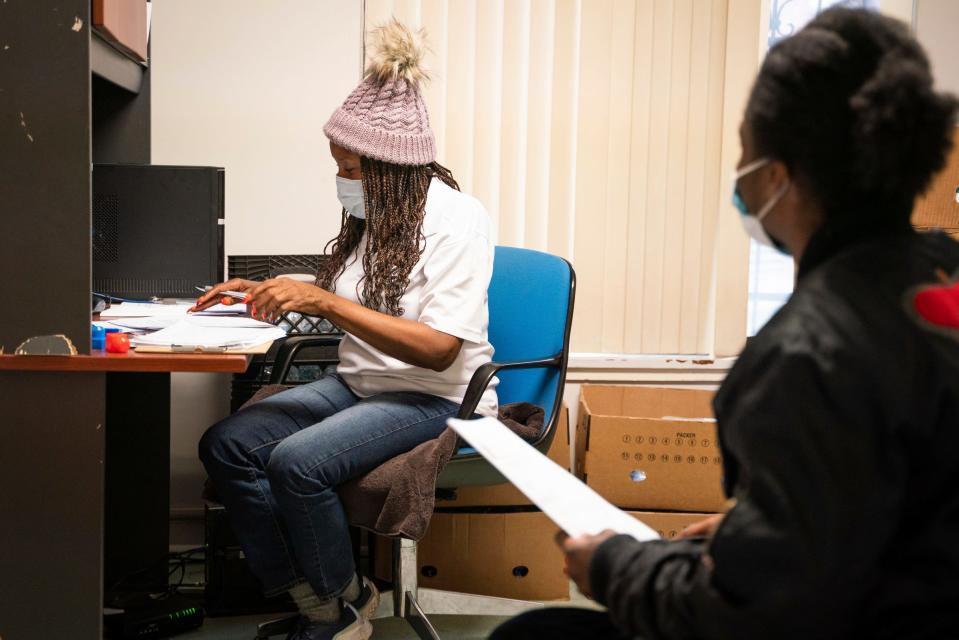
In Detroit's governmental structure, it’s incumbent on the mayor, who controls the city's departments, to implement a plan for the homeless. Duggan, elected in 2013, has created new departments for residents with disabilities, civil rights and inclusion, but not one specifically dedicated to addressing the needs of those with no place to lay their heads at night.
Steve Berg, the vice president for programs and policy with the National Alliance to End Homelessness, notes that housing isn't the problem in Detroit. "[The city] for many, many years, has had an adequate supply of housing,” he says. “It's more about having the money to pay for what housing there is.”
What the numbers really tell us
According to the most recent statistics compiled by the Homeless Action Network of Detroit, the city’s homeless population dropped from 10,444 in 2018 to 10,006 in 2019, and again to 7,844 in 2020. But the report cautioned that the 22% drop between 2019 and 2020 doesn't necessarily suggest that fewer people are experiencing homelessness, but only that shelter usage fell off, likely because of the COVID-19 pandemic. Providers say some homeless people avoided shelter, fearful of exposure to the virus.
In Detroit, the homeless population is 85% Black. HAND also found that during the pandemic, people were homeless for longer periods, growing from 105 to 110 days ― and the rate of youth experiencing homelessness without a parent or guardian grew by 41%.
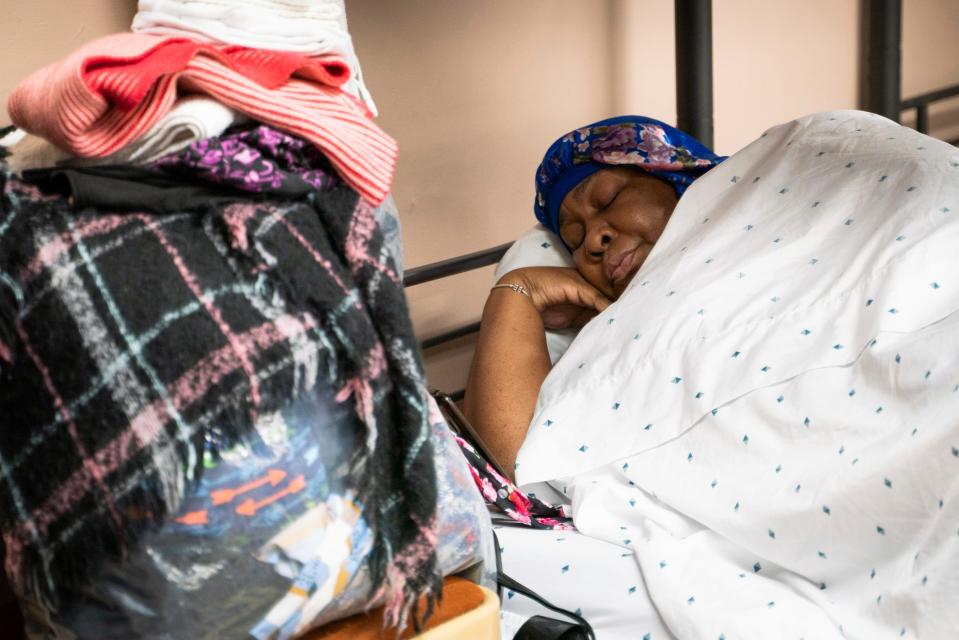
Whether those numbers are high or low, reality says there are too many people who need help. Even using that conservative 2020 figure, more than 1% of the city’s population is homeless, and what may be an illusory decline in the numbers seeking shelter must not be used to justify inaction.
It takes the will to do it
Other cities have simply tackled the problem head on.
Houston has been hailed as the gold standard for curbing homelessness, reducing the rate by more than 50% after investing $200 million in permanent housing.
During COVID-19, the City of Houston and surrounding Harris County invested $65 million in a program called Houston First. As of February, more than 7,000 formerly homeless residents had found housing. Last January, Houston First allocated another $100 million, seeking to place another 7,000 people in homes by 2024.
Berg, of the National Alliance to End Homelessness, says Houston is a great example for Detroit. The fourth-largest city in America uses federal programs that provide rental assistance, like the Section 8 Housing Choice Voucher Program. The state has chipped in some cash, too.
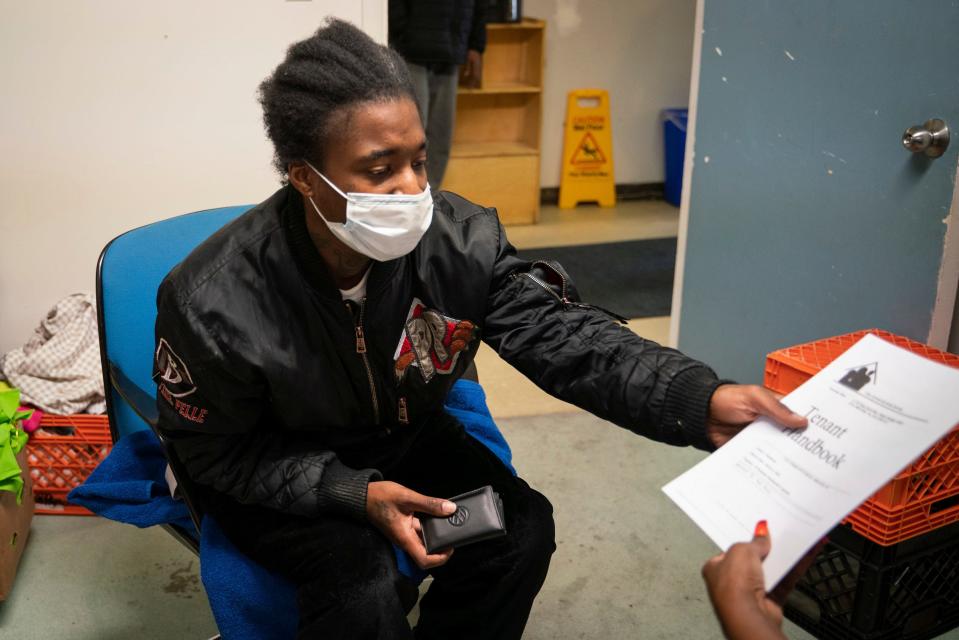
“Houston used some of its local money to pay for rental assistance. Then they subsidized developers to come in and build modest rental units for people. They have housing they can afford," says Berg, who specializes in employment, economic development and human services, and the intersection between those issues and housing. “A lot of places talk about NIMBY (Not In My Back Yard) responses and zoning and local government getting in the way of housing development. Houston doesn't have any of that.”
Los Angeles Mayor-elect Karen Bass said late last month that she'll declare a state of emergency on homelessness her first day in office, and says she will roll out a plan within her administration's first 100 days.
"We are definitely going to identify some of the most challenging encampments and make sure that we can get those people housed," Bass said. "But declaring a state of emergency really allows us to rally, bring together the city agencies and allows us to look at, especially city-owned land and fast track things."
So there are options, if Detroiters will consider them.
New money, new solutions
With federal American Rescue Plan Act funding flowing to the city, now is the time to begin thinking about new ways of helping Detroit’s homeless.
“Detroit might be a place where it's not so much building new units, as rehabbing existing units. That's what the money is needed for,” Berg added. “So the question is, how important is it to have homelessness be near the top of that list? I understand that these are tough decisions that leaders have to make, but that's why they're leaders. They can make those tough decisions. Some places are solving it by locking people up. That's been tried before and doesn't work. The real answer is housing.”
As Detroit continues to rebuild, we must continue to advocate for those who cannot fight for themselves.
Lives in our brutal winter weather depend on it.
Darren A. Nichols is a contributing columnist at the Free Press. He can be reached at darren@dnick-media.com or his Twitter handle @dnick12.
This article originally appeared on Detroit Free Press: Opinion: Detroit's homeless must be a higher priority for city leaders

